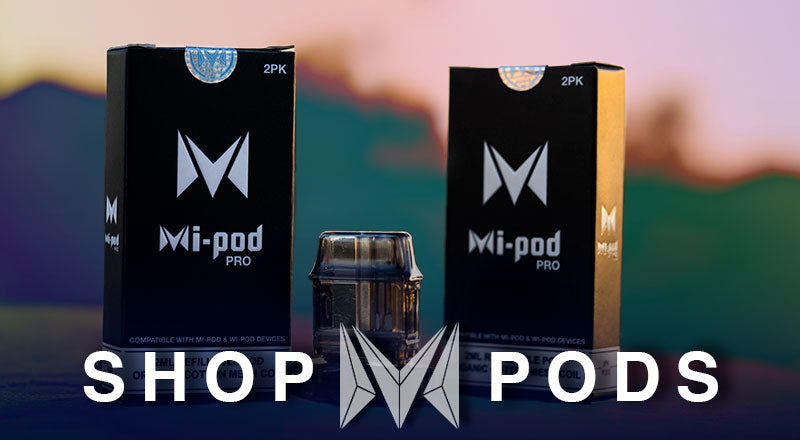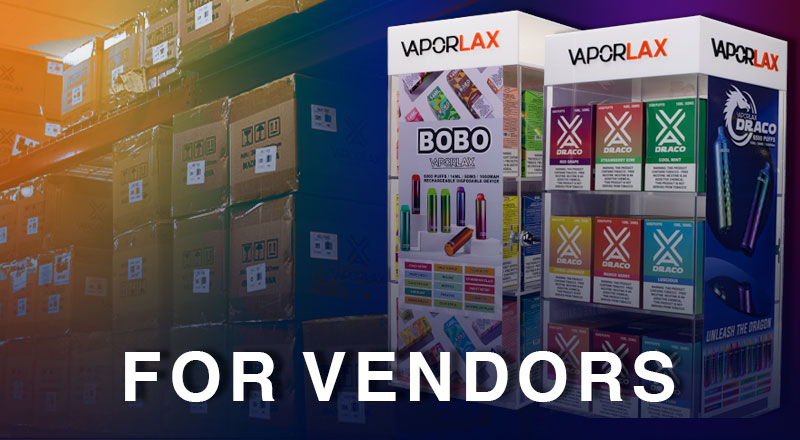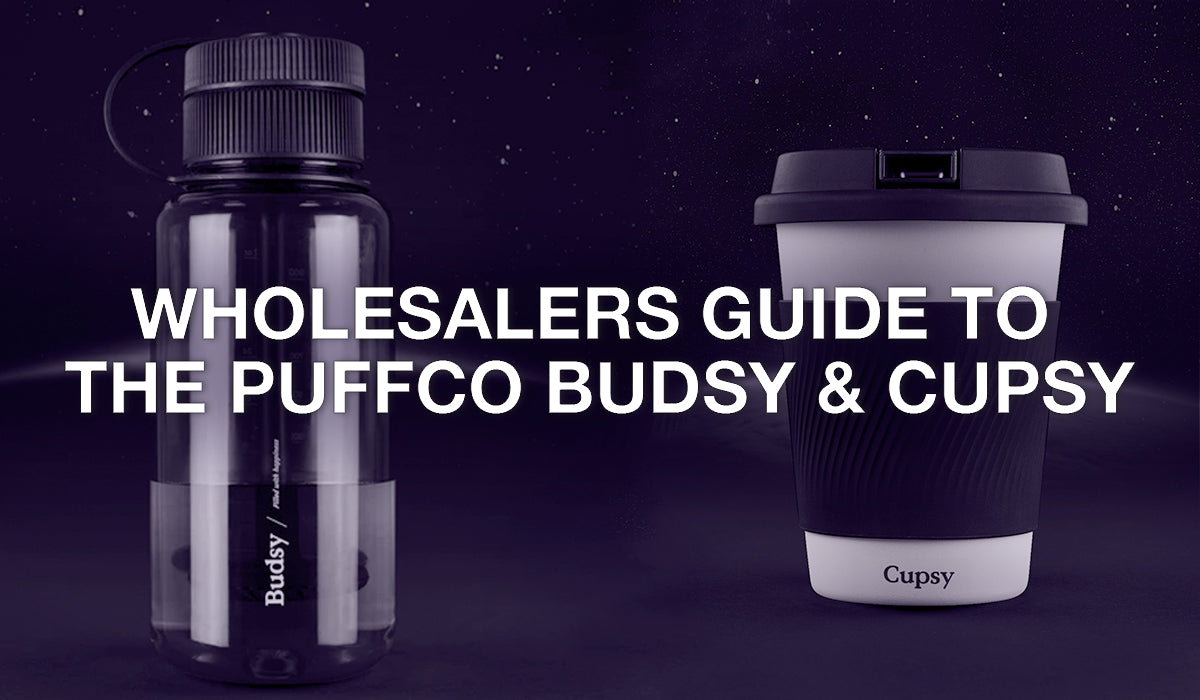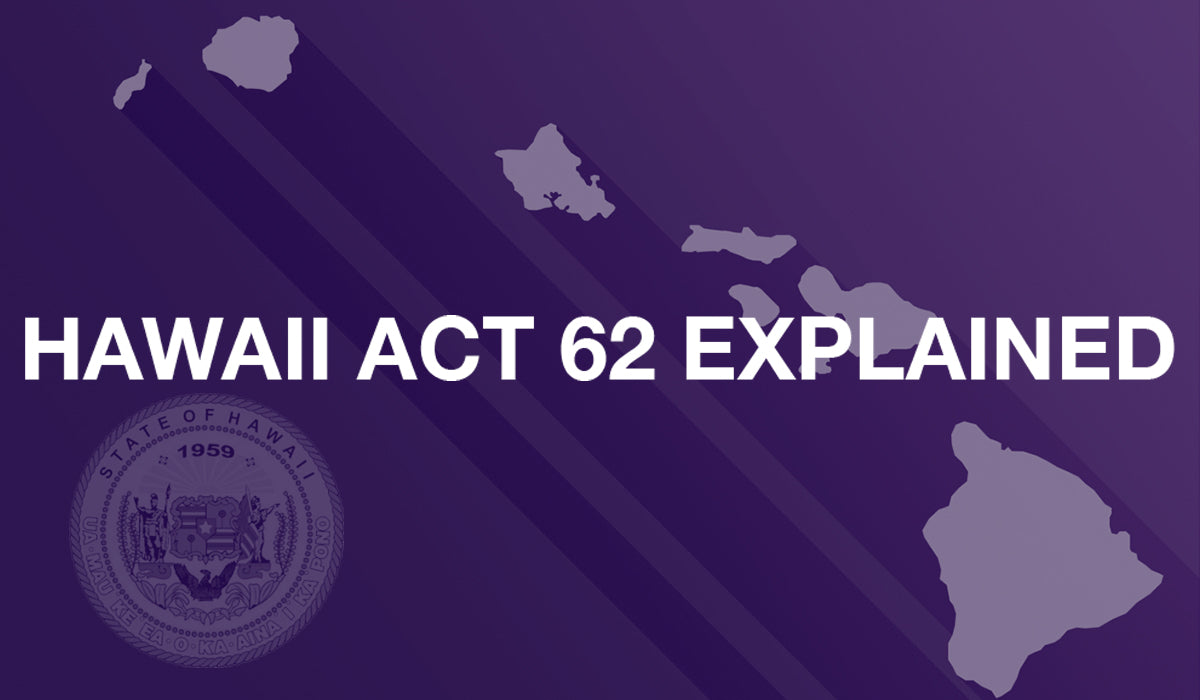Vape Companies Challenge Regulatory Overreach in Amicus Brief to SCOTUS
Loper Bright Enterprises v. Raimondo
Could it be the fishing industry that ends up throwing the beleaguered independent vaping industry a lifeline? The family-owned herring fishing company Loper Bright Enterprises challenged a federal mandate which forces commercial fishing boats to not only carry federal monitors but to pay their salaries as well. At the heart of their complaint is a controversial legal doctrine known as the Chevron deference.
The Supreme Court has chosen to hear this case and excised the legal question of what powers Congress had to regulate fisheries through the Commerce Department.
In the case of Loper Bright Enterprises v. Raimondo, the only issue to be briefed and argued is the future of Chevron deference. The Chevron deference or Chevron doctrine gives regulators vast leeway to interpret regulation and obliges the lower courts to defer to their judgment.
“Nearly four decades of judicial experience with Chevron have demonstrated that courts are incapable of applying its two-step Chevron framework in a consistent manner,” attorneys for Loper Bright Enterprises wrote in court filings.
Chevron Doctrine
As described by Legislative Attorney Benjamin Barczewski of the Congressional Research Service:
It is the power of the Chevron Doctrine which has allowed FDA to interpret the Tobacco Control Act in a seemingly capricious and arbitrary manner, implementing a de facto ban on flavored vapes, and has blocked the independent vaping industry from relieving any relief in court.
Vaping Companies File Amicus Curiae Brief
Loper Bright Enterprises v. Raimondo is on the docket for the next Supreme Court session. Anytime regulatory overreach is under review, the stakes are high for the vaping industry. In response to Loper Bright, a group of vaping companies have filed an amicus curiae brief in support of overturning the Chevron doctrine.
Amicus curiae is Latin for “friend of the court”, and submitted by a person or entity who, although not a party in the case, believes that the court's decision might affect its interest. This third party, or "amicus", offers insight, expertise, or unique perspective on the subject matter to assist the court in making its decision.
The amici, or friends, are small vaping businesses and trade associations. Suffice it to say, our industry is well-acquainted with the FDA’s ability to amend and improvise decisions and face no judicial check on their decisions.
As explained by Counsel of Record Eric P. Gotting and Azim Chowdhury:
Chevron Protects FDA Protected in Court
Just as important as the freedom Chevron gives regulators to invent granular regulations out of whole cloth is how effectively it blocks businesses and individuals from suing them.
Attorneys for the vape industry amici pointed out, “The majority of circuit courts considering challenges to the FDA’s universal denials of premarket applications for such products have afforded FDA extreme deference in rubber-stamping a regulatory approach not in the Tobacco Control Act.”
Studies have found that regulators win most of the time when they rely on the Chevron deference to defend their actions. This has proven especially true for the vaping industry.
On behalf of a coalition of ENDS stakeholders today we filed an amicus brief with the Supreme Court in support of overturning or limiting the Chevron Doctrine, which has enabled FDA to impermissibly interpret the TCA to implement a de facto flavor ban: https://t.co/DdTNZVjjz9
— Azim Chowdhury (@ECIGattorney) July 24, 2023
Reasonable Interpretation
The Chevron deference serves as a cornerstone of administrative law, stipulating that when a legislative statute is ambiguous, courts should defer to the interpretations made by the administrative agencies tasked with enforcing that statute, if their interpretation is reasonable.
The term reasonable of course is subject to interpretation. Determining millions of PMTAs had a fatal flaw because they did not include a specific type of study that was at no point requested during the application process and dismissing tens of thousands of submissions in a single morning doesn’t sound particularly reasonable.
Providing no actionable pathway for companies to introduce electronic nicotine delivery systems for pre-market approval and only approving a handful of obsolete models manufactured by Big Tobacco does not seem particularly even-handed either. Setting an arbitrary date of 2016 for introducing vape products onto the market with a strange Deeming Rule also seemed to fall outside the bounds of commonsense.
With FDA attempting to bludgeon all but a few unpopular tobacco company manufactured vapes off the market, it is hard to believe that in the United Kingdom, their National Health Service hosts a website Using E-Cigarettes to Stop Smoking.
End of Chevron?
Critics argue that the Chevron deference undermines the separation of powers outlined in the Constitution. They believe that by handing over interpretive authority to these agencies, the judiciary effectively abdicates its role as the interpreter of law, leading to potential overreach by the executive branch. Additionally, the Chevron deference may introduce an element of uncertainty, as different agencies may interpret the same statute in various ways, leading to inconsistent application of the law. All of this should sound very familiar to anyone familiar within the vape industry.
Support for Chevron generally falls along ideological lines. Fans of an activist executive branch with the power to act on ambiguously worded and often decades old regulations to impose major restrictions on Americans lament that Chevron might be in trouble. The argument for Chevron is that regulators possess a scientific expertise that no judge or legislative body can expect to match.
It may be the vaping industry or herring fisheries that suffer when courts are compelled to give regulators expansive leeway to improvise rules as they go along, but advocates of the Chevron doctrine are concerned that the entire edifice of the regulatory state will be thrown into turmoil.
The end of Chevron would certainly change the power dynamic. Regulators would be forced to abide by regulations as they were written. The legislative branch would be required to pass legislation if they want to get something done. The judiciary would have to interpret regulations and laws in the event that civil or criminal cases arise from the regulations on the books.
Last autumn, Justice Gorsuch opined that the court had let the Chevron deference linger much too long. Dissenting from a decision not to hear a case about VA benefits he opined:
Vape Companies Present Unified Front
Due to Chevron, not a single non-tobacco-flavored vaping product has ever been authorized, even though the FDA has never created a rule prohibiting non-tobacco flavors. The United States seems to be on a fast track to creating a vaping market where only Big Tobacco manufactured products of obsolete design are left on store shelves to compete with their own combustible tobacco products, the very same products and flavor profile so many vapers struggle to avoid.
The 25 signatories include e-liquid and device manufacturers, flavoring companies, vape retailers, and state trade associations. These companies have been routinely thwarted by Chevron deference.
- American Vape Company, LLC
- American Vaping Manufacturers Association
- American Vapor Group (Red Star Vapor)
- Bidi Vapor, LLC
- Ecig Charleston LLC
- Flavour Art North America
- Florida Smoke Free Association, Inc.
- FLV USA (Flavorah)
- Indiana Smoke Free Alliance, Inc.
- Kentucky Vaping Retailers Association, Inc.(Kentucky Smoke Free Association)
- Matrix Minds, LLC
- Michigan Vape Shop Owners, Inc.
- Montana Smoke Free Association, Inc.
- NicQuid, LLC
- Ohio Vapor Trade Association Inc.
- Pastel Cartel, LLC
- South Carolina Vapor Associations
- SS Vape Brands
- Streamline Group/MH Global
- SV3, LLC
- Tennessee Smoke Free Association, Inc.
- Vape Element LLC (BLVK E-Liquid)
- Wages and White Lion Investments, LLC (Triton Distribution)
- White Horse Vapor
- YLSN Distribution LLC (Happy Distro)






Leave a comment
This site is protected by hCaptcha and the hCaptcha Privacy Policy and Terms of Service apply.